No products in the cart.

TABLE OF CONTENTS
- BUYING A SECURITY CAMERA
- WHAT TO LOOK FOR IN A SECURITY CAMERA?
- TYPES OF SECURITY CAMERAS
- COST OF SECURITY CAMERAS
- CONTACT HZONE

It’s never been simpler to guard your property and keep an eye on it. The most recent technological developments have made intruders afraid to enter while also helping to keep them out.
One such wonderful invention is the security camera, which is getting better and better at protecting the safety of your property, whether it be residential, commercial, or industrial, over time.
Security cameras are one of the best deterrents against burglaries, according to research. They not only deter burglars but also help gather evidence by recording and observing them if they try to sneak in.
Security cameras are the top option for both home and business owners due to their effectiveness in not only deterring criminal activity but also assisting in the capture of the criminals.
Read on to learn everything there is to know about security cameras, including how much they cost, what to look for when purchasing one for your property, and the various types available:
BUYING A SECURITY CAMERA
Security cameras come in a variety of varieties, each designed to serve a particular function. You must pick the ideal one for your property if you want to reap the full benefits.
Purchasing a security camera can be fairly easy if you are well-informed. To begin with, you must adhere to these five steps in order to choose the best camera for your needs.
You can always contact us to discuss with our expert team to chose the best camera to suit your needs.
RUN A RISK ASSESSMENT
Location is crucial. Prior to making a security camera investment, you must mark all potential entry points for intruders on your property. Aside from that, you must select the best installation positions to capture the best angles if there are specific areas you wish to monitor, such as your toddler’s room or the garage outside.
Depending on your security needs, you would also need to decide whether you need indoor, outdoor, or both types of cameras. Any kind of security camera cannot be placed carelessly anywhere and expected to produce the desired results. The decision is based on careful planning and risk identification.
You can always contact us to discuss with our expert team to chose the best security system that suits your needs.
CHOOSE YOUR POWER SOURCE
There are two main types of security cameras: wired and wireless. Unlike wireless security cameras, which connect to the internet via Wi-Fi and upload the video to a local storage device or the cloud, wired security cameras connect to a power source and the internet using a cable.
The main distinction between a wired and wireless security camera system is that a wireless system transmits recorded video wirelessly from the camera to the recorder, whereas a wired system relies solely on cables. However, both demand wired power. Batteries can be used for wireless systems as both a primary source of power and a backup.
DETERMINE YOUR BUDGET
The cost of security cameras varies greatly depending on the type of system and features that it offers, so choosing the best one for your security needs will largely depend on your budget.
There is a misconception that security cameras are very expensive luxury items available only to the wealthy. The good news is that while that may have been true a few decades ago, thanks to recent technological advancements and an increase in demand, CCTV camera prices have significantly decreased, making the systems now accessible to all.
our experts can help you make informed decisions when determining cost effective cctv setups. contact us to discuss with our expert team to chose the best security system that suits your needs.
CHOOSE YOUR DESIRED FEATURES
Different security cameras have different features that are all suited for particular circumstances and situations. The features you need solely depend on the level of security you require and why you initially installed the cameras.
Motion-activated sensors, high-quality resolution, night vision, and smartphone alerts are a few of the key features. Other features include, among others, two-way audio, built-in alarms, zooming, and professional monitoring. It goes without saying that the more features a system has, the more expensive it will be; as a result, it is critical to be aware of your needs and choose the features you believe will be most useful to you.
PRIVACY CONCERNS
CCTV cameras are an excellent tool for securing your home and belongings, but they are also susceptible to hacking, which is done to gain access to private information and for online spying.
Installing only the most recent technology, securing your wireless connection, using stronger passwords, enabling two-factor authentication, and routinely updating the firmware of your security camera are all very simple ways to stop such attacks from happening.
WHAT TO LOOK FOR IN A SECURITY CAMERA?
There are certain key features to look for when buying a security camera for your property. They include:
MOTION SENSORS
Security cameras have motion sensors that begin recording as soon as even the smallest amount of movement is detected. This technique is also known as event-based recording. The video is then recorded and accessible for a predetermined period of time.
NOTIFICATION ALERTS
Some security cameras offer customizable alerts and notifications that are sent to your smartphone or device as soon as any movement is detected, which is a very helpful feature. This feature helps to always keep you informed, especially when your attention is most needed, as you cannot keep an eye on the real-time events unless you have professional monitoring services enabled.
RESOLUTION
The resolutions of security cameras range from 720p to 4K. The clarity of the image increases with resolution. A minimum resolution of 1280 x 720 pixels is advised because it is useless to have CCTV footage that is so grainy that it is difficult to make out the face of an intruder.
NIGHT VISION
Cameras require light to see and record clearly, so it goes without saying that filming at night is more challenging than it is during the day. With the help of special night vision, outdoor cameras can see better and farther at night. Some expensive models even have color night vision.
AUDIO
Where audio surveillance is permitted, a security camera with a built-in microphone enables you to not only see what’s happening but also hear it. This is because some locations do not allow audio surveillance due to privacy concerns and certain legal requirements. You can also communicate with anyone who is on your property thanks to two-way audio.
DESIGN
While some security cameras are large and obtrusive and designed to serve as a visual deterrent, others are discreet and small and are used as hidden deterrents. What you want to monitor and the installation location and position will both have a significant impact on which type you choose.
FIELD OF VIEW
The entire area that the camera captures is known as the field of view. Less cameras will need to be installed on your property because a wider field of view will cover more ground. Some cameras have a wide field of view by default, while others have lenses that can be adjusted and have panning, zooming, and tilting features.
STORAGE
The footage is captured by security cameras, which then save it to be viewed later. You can choose to store it locally, on a microSD card installed inside the camera, or on a separate hard drive, as opposed to uploading it to the cloud.
SECURITY
CCTV systems have built-in security features where two-factor authentication can be turned on to help fend off attacks like hacking. To verify that you are attempting to gain access and not an unauthorized person, the system calls, texts, or emails a verification code to your smart device each time you log on.
ADVANCED FEATURES
In addition to the aforementioned key features, security cameras can also benefit from some very practical advanced features like built-in alarms, facial recognition, and pet friendliness.
INTEGRATIONS
CCTV cameras are a component of an all-encompassing security system that also includes smart lights, access control, and burglar alarms. When combined, they have a powerful impact on property security, even though they each work well on their own.
The automatic locking mechanism can be activated through access control, the security smart lights can turn on to illuminate the area, and security cameras can be integrated with intruder alarms to activate an alarm as soon as certain types of movements are detected.
TYPES OF SECURITY CAMERAS
The most popular types of security cameras include:
BULLET CCTV CAMERAS
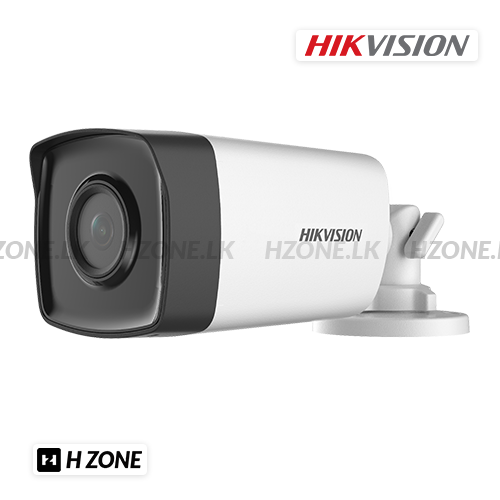
Commonly used for outdoor surveillance, they are durable and resistant to extreme temperatures, water, and dirt. Their visible design acts as a deterrent, and they are suitable for long-distance viewing.
DOME CCTV CAMERAS
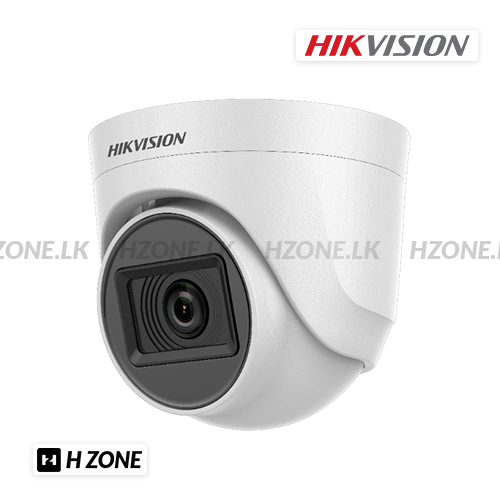
also known as Turret Cameras, this is suitable for both indoor and outdoor use, these cameras have a discreet shape that makes them difficult to spot. They offer wide-angle monitoring with their 360-degree rotation and are commonly found in places like restaurants, shops, and hotels.
C-MOUNT CCTV CAMERAS

These cameras have detachable lenses, allowing for flexible adaptation to different distances and fields of view. They can be equipped with special zoom lenses without losing focus. C-Mount cameras are bulkier and noticeable, serving as an effective visual deterrent for outdoor use.
PTZ PAN/TILT/ZOOM CAMERAS
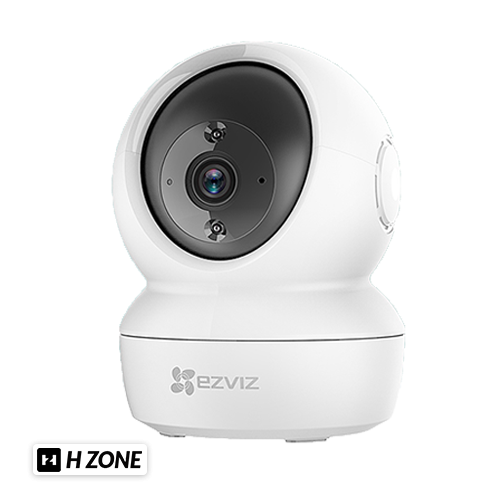
PTZ cameras provide more control over recording. They can pan sideways, tilt up and down, and zoom in and out, allowing for precise adjustment and capturing fine details. PTZ cameras are commonly used for remote viewing and monitoring in various environments such as retail, business, and museums.
DAY/NIGHT CCTV CAMERAS

Designed to work effectively in varying lighting conditions, day/night cameras capture clear images during both day and night. They can withstand direct sunlight, glare, and reflections, making them suitable for round-the-clock outdoor monitoring.
INFRARED/NIGHT VISION CCTV CAMERAS

These cameras utilize infrared technology to capture images and videos in complete darkness. They are more expensive than day/night cameras but offer reliable surveillance in pitch-black conditions. Infrared cameras can also work in fog, dust, and smoke and provide colored footage during the day and black and white footage at night.
NETWORK/IP CCTV CAMERAS
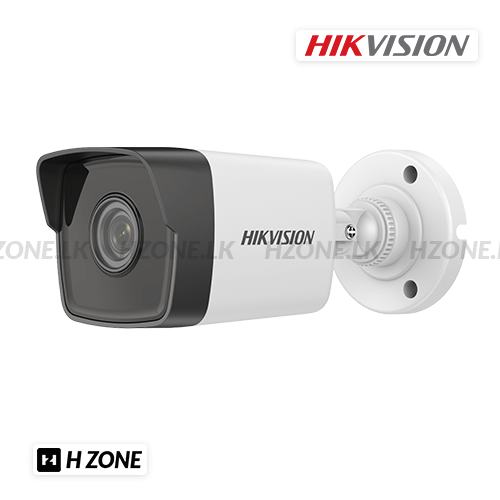
Connected over a network, these cameras allow live footage to be accessed remotely from anywhere via the internet. They offer easy video sharing, remote monitoring, and storage of archived footage on network video recorders (NVRs) and digital video recorders (DVRs). Network/IP cameras are suitable for home and business owners who need remote access to their surveillance footage.
WIRELESS CCTV CAMERAS
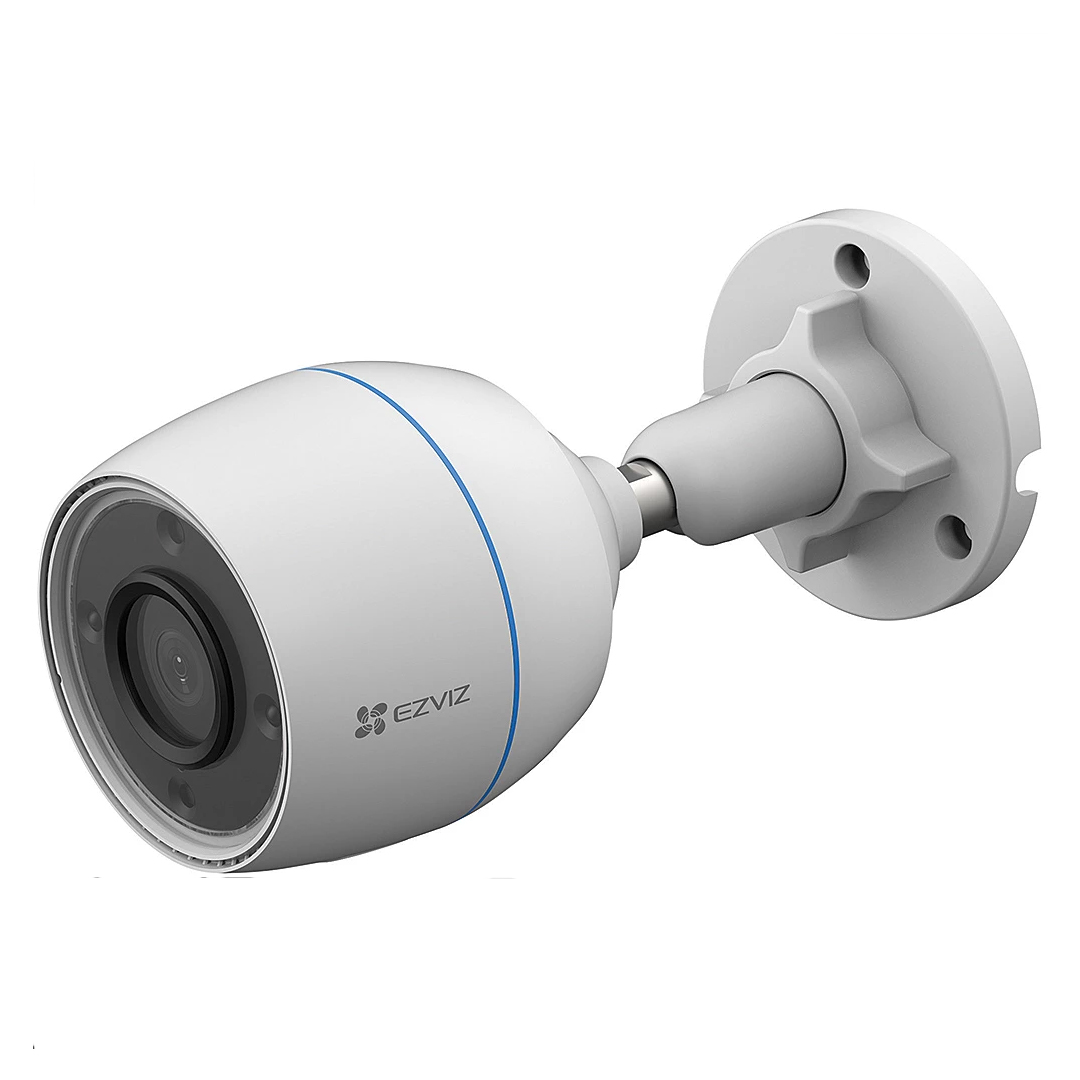
These cameras minimize installation time and eliminate the need for excess wires. They have a discreet appearance and blend in with the surroundings, making them suitable for locations where aesthetics are important, such as museums, churches, and tourist attractions.
HIGH DEFINITION (HD) CCTV CAMERAS

Available in various resolutions, from 720p to 4K, HD cameras offer superior video quality and high-resolution images with zooming capabilities. They are particularly useful in high-risk areas where detailed monitoring and identification of individuals are crucial.
These different types of CCTV cameras cater to various surveillance needs, providing options for different environments, lighting conditions, control features, and remote access requirements.
Almost all of the cctv cameras in HZone product arsenal are HD Cameras.
COST OF SECURITY CAMERAS
A 4-camera home CCTV system would cost between Rs 100,000/- and Rs 110,000/- when everything is included, including the DVR (recorder), monitor, wiring, and full installation.
An entry-level CCTV security system for your company would typically cost around Rs 150,000/- to 300,000/-. Depending on the security system’s type, quantity, and complexity, this may change.
In addition to the upfront installation charges, which cover both labor and material prices, there are some ongoing expenses that you should be aware of.
In light of all of the advantages and long-term savings that CCTV cameras offer, the expenditures associated with installing them should not be seen as expenses but rather as an investment.
you can have a look at our best selling cctv packages here which are tailored to fit most scenarios
MAINTENANCE COSTS
Your investment in your CCTV security system will pay off if you keep it maintained because it will operate efficiently with fewer interruptions. It is advised to get your CCTV security system serviced annually to maintain it operating properly. A maintenance appointment would typically cost you between Rs 5,000/- and Rs 25,000/-.
REPAIR COSTS
There are many potential causes of CCTV security system malfunctions, including inclement weather, power surges, and normal wear and tear. Regardless of the problem, you need an experienced expert to fix it swiftly. On average, repairing a CCTV system would cost you Rs 25,000/-. However, since most of CCTV Dealers provide 2 years warranty, that is not a cause for concern immediately.
CONTACT HZONE
For both residential and commercial premises, H Zone provides a wide range of CCTV camera services, including expert installation, maintenance, and repairs.
We create, provide, and install a variety of residential and business CCTV systems. We provide analog HD and IP camera systems in addition to providing advice on the best option for your building. Our Industry approved installers adhere to all industry best standards and offer comprehensive training on the supplied equipment. We do not skip on quality and guarantee your ultimate safety by installing only top-notch, cutting-edge CCTV equipment from reputable brands like Hikvision, one of the leading CCTV manufacturers in the world. Since 2012, we have worked in the cctv sector, and we are experts in what we do.
Call us right away.



















